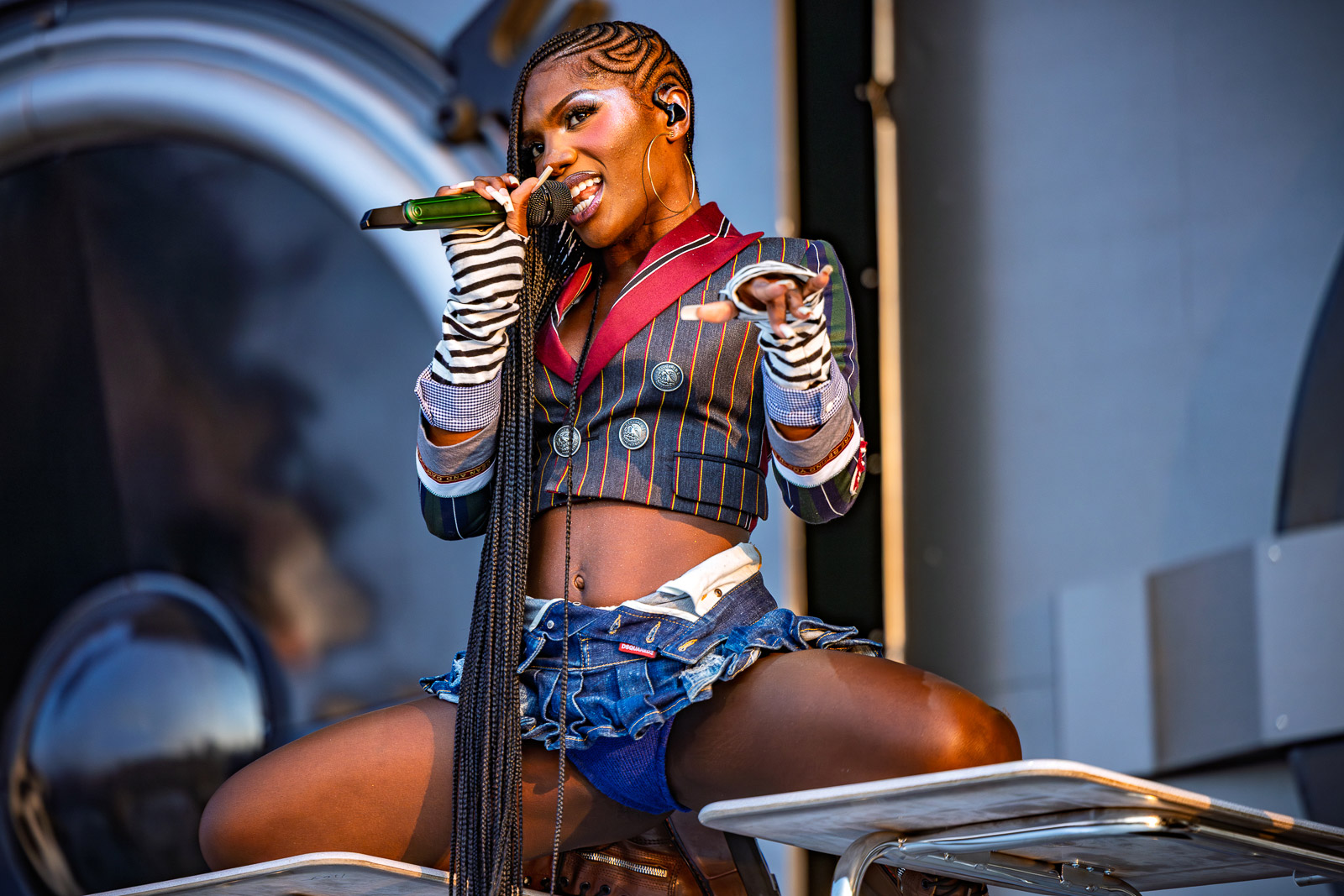Justin Bieber is dealing with a lot. Once a teen heartthrob, the superstar singer has been contending with his shifting public image since he grew out of his adolescent mischievousness and into an adult attempting to navigate his own complicated life. The past several months alone have seen spectators dissect Bieber’s lifestyle, from his relationship with his wife Hailey to his physical and mental health to his tendency to immerse himself in Black culture. With SWAG, Bieber addresses all of the above, in both direct and indirect ways.
First and foremost, Justin Bieber wants to be down. He’s expressed as much throughout his career, most clearly on the compilation R&B album Journals released in 2013. While that project was influenced by the slick, sensual R&B of the ‘90s, including the works of R. Kelly, Jon B., and Dru Hill, SWAG is built on the pop-infused R&B of the ‘80s. On tracks like the album opener “All I Can Take” and the “Human Nature”-inspired “First Place,” Bieber taps into his inner Michael Jackson. The sonic elements themselves combined with Bieber’s longing lyrics build into familiar moments of vulnerable expression. “These symptoms of my sensitivity/ Feels personal when no one’s listening,” he sings on “All I Can Take.”
Musically and vocally aligning himself with the King of Pop is a choice, and it’s a deliberate one. The two industry behemoths started their careers young, became bigger than sliced bread, went through the wringer of public opinion, and ultimately pleaded for understanding from the same audience that once lifted them up. SWAG sounds like Bieber is both exasperated with the commentary and willing to make light of his situation.
“It’s not clocking to you that I’m standing on business, is it?” his tinny voice queries in a clip featured on the album, by now the AAVE shot heard ‘round the world. Via a series of out-of-place skits with social media comedian Druski, Bieber reveals he’s deeply aware of outsiders looking in. “That’s been a tough thing for me recently is feeling like, you know, I have had to go through a lot of my struggles as a human, as all of us do, really publicly,” he reveals on “Therapy Session.” “And so people are always asking if I’m okay. And that starts to really weigh on me.”
Through these vignettes, Justin Bieber makes it clear that he’s not a monkey in a zoo. He is extremely cognizant of the conversations, the jokes, and the memes, and he’s choosing to address them head on. “Your skin white, but your soul Black, Justin. I promise you, man,” Druski shares on “Soulful.” To which Justin politely responds, “Thank you.” It’s an offhand exchange that feels awkward, if not slightly offensive, in the sense that white artists are often christened as deserving representatives of the Black experience because of how they present themselves artistically or culturally. While this moment borders on satirical, it shines a light on Justin’s preference to find refuge in the Black community — which almost always accepts him with open arms.
Justin Bieber isn’t the first, nor will he be the last, white artist invited to the figurative cook-out. Bieber leans into his relationships with hip-hop artists on the album, balancing the stripped-down sound that otherwise dominates SWAG. His recent bestie, Sexyy Red, appears on the New Edition-influenced “Sweet Spot.” The St. Louis rapper delivers her expected flavor of lyrics (“Put it on me, baby, oh yeah, it’s been overdue/ He gon’ do whatever I say ‘cause Sexyy got that hoochie-coo”), and Bieber does his best to vocally dance around her. The outcome is an uneven song that depends almost entirely on the fact that Justin Bieber and Sexyy Red are newfound BFFs — look, everyone! — and they simply wanted to make something together. In a particularly annoying moment, Red’s verse ends with a lazy repeated bar, and Bieber has to make a concerted effort to re-energize the song. Hearing their relationship play out on wax is more funny than it’s supposed to be.

 1 month ago
20
1 month ago
20


















 English (US) ·
English (US) ·